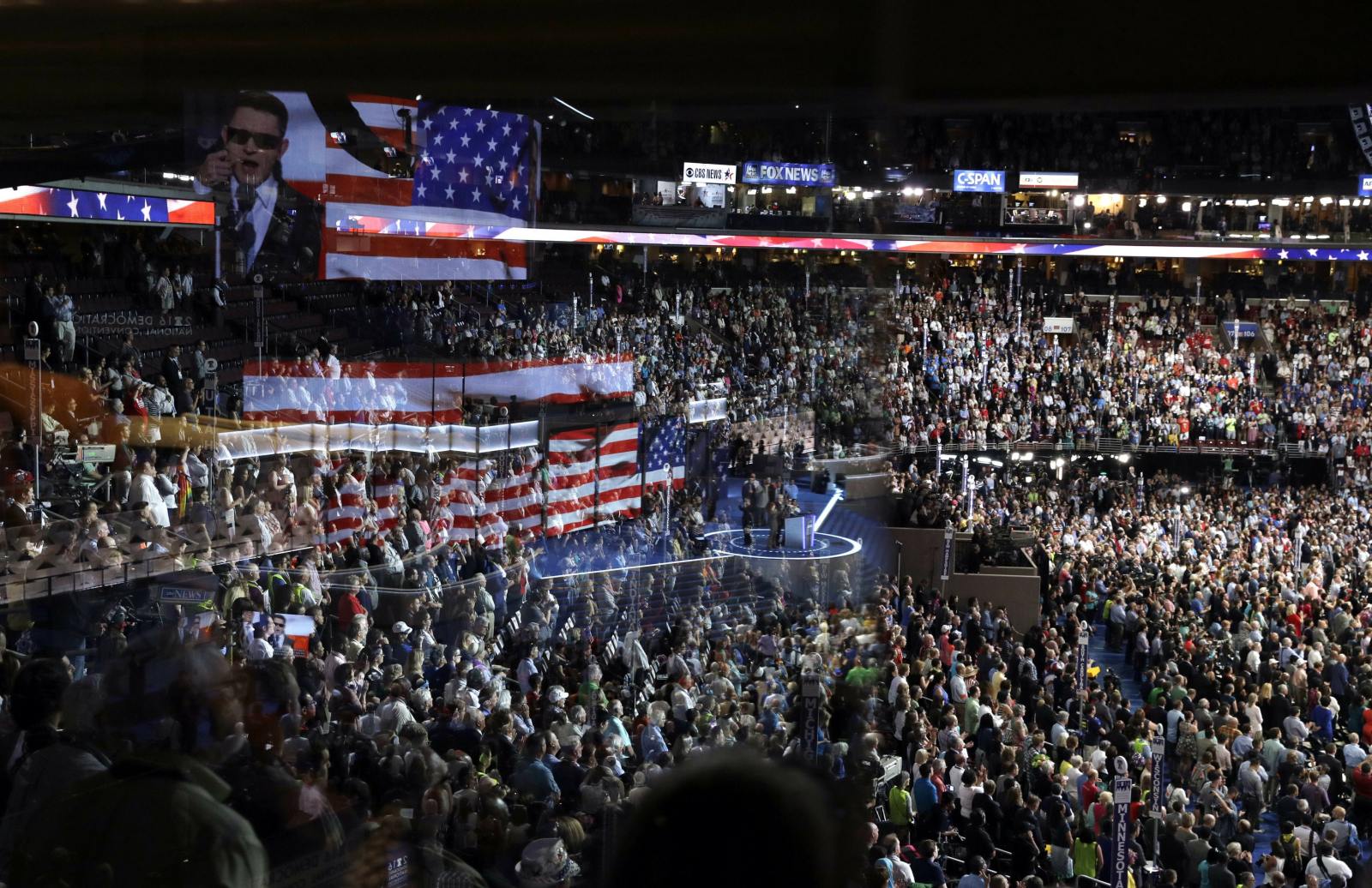Lots of Democratic Party officials have been thinking it, but no one wants to be the first one to say it. Political conventions take years of planning, and postponing those plans or altering them even the slightest can cause lost money and wreak havoc on these highly-choreographed, thoroughly-planned events designed to promote the party’s nominee to the fullest extent.
Recently, however, former vice president Joe Biden was asked if the 2020 Democratic Convention, set for July 13-16 in Milwaukee, Wisconsin, would be able to take place as planned:
“I doubt whether the Democratic convention is going to be able to be held in mid-July,” Biden told NBC’s “The Tonight Show” late on Wednesday. “I think it’s going to have to move into August.”
A simple postponement of the date, if possible, while keeping the entire convention plan intact, would be the most desirable outcome for the party and the eventual nominee. Doing anything to minimize the media attention and fanfare involved with a glitzy presidential nomination would be unthinkable in this day and age of media-driven campaigning.
However, what if the Coronavirus COVID-19 “stay-at-home” orders and/or new domestic air travel restrictions run into July or August? How would the convention take place in time for the November election? Other options include a “downsized” convention, or even a “virtual” convention, according to party insiders and leaders:
A traditional convention is “out of the question at this point,” said Ian Murray, a superdelegate from Pennsylvania who’s attended conventions since 1992. “I don’t see where we’re going to be able to all gather in a petri dish in Milwaukee with the coronavirus.”
Leah Daughtry, the former CEO of the 2008 and 2016 Democratic conventions, said if she were on the job again this year, “I’d be thinking about how to do a virtual convention, because you just have to — you have to consider all the options at this moment.”
Contingency options could include having a “downsized convention” where only delegates attend, which would “drastically reduce” the number of attendees, she said. Ultimately, “the convention business must be done; you must elect a nominee.”
The kicker in this discussion is that none of this has ever been done before in modern times. Yes, we have the technology available now for delegates to virtually cast their ballot from their homes and the numbers to be tallied on the convention floor and announced, but we’d be missing the celebratory fawning over the nominee as each state puts up their numbers.
As Biden himself pointed out, though, conventions were able to take place during the Civil War and World War II, but the current environment could be very different since no one wants to be responsible for spreading a lethal virus:
“We ought to be able — we were able to do it in the middle of the Civil War all the way through to World War II — have Democratic and Republican conventions and primaries and elections and still have public safety. And we’re able to do both. But the fact is it may have to be different.”
No one seems to know what the month of July will bring, so this question will remain up in the air for many weeks while convention organizers try to come up with contingency plans.
On the flip side of the ideological coin, the 2020 Republican National Convention is scheduled for August 24-27 in Charlotte, North Carolina. Taking place almost two months behind the DNC convention, Republicans have the advantage of time on their hands and, so far, the RNC plans are proceeding as scheduled.
The most likely move for the Democratic National Convention would be a date change to early August, or later in July, without too much disruption to the original plans.
The convention schedule will remain in flux until there is a better idea of how much the social distancing guidelines will be lifted before the month of July. Until then, the Milwaukee convention organizers won’t be getting much sleep.
Donate Now to Support Election Central
- Help defend independent journalism
- Directly support this website and our efforts
